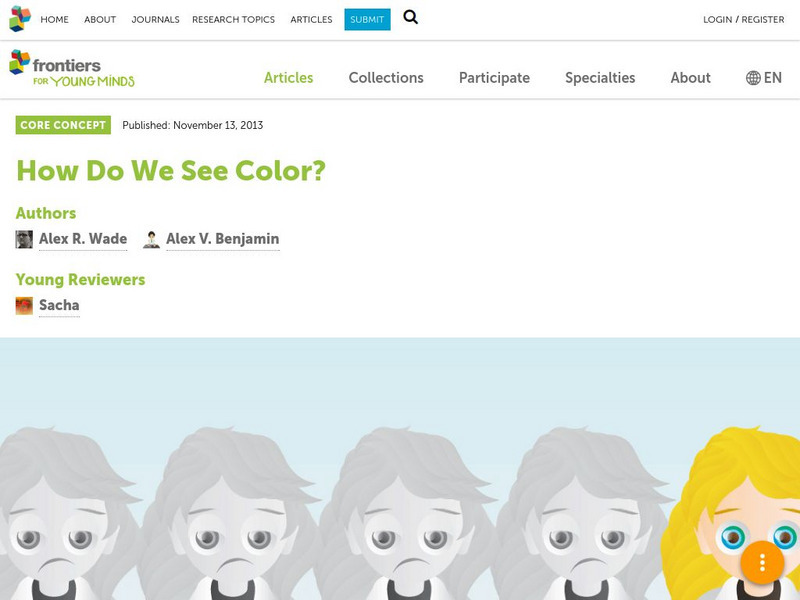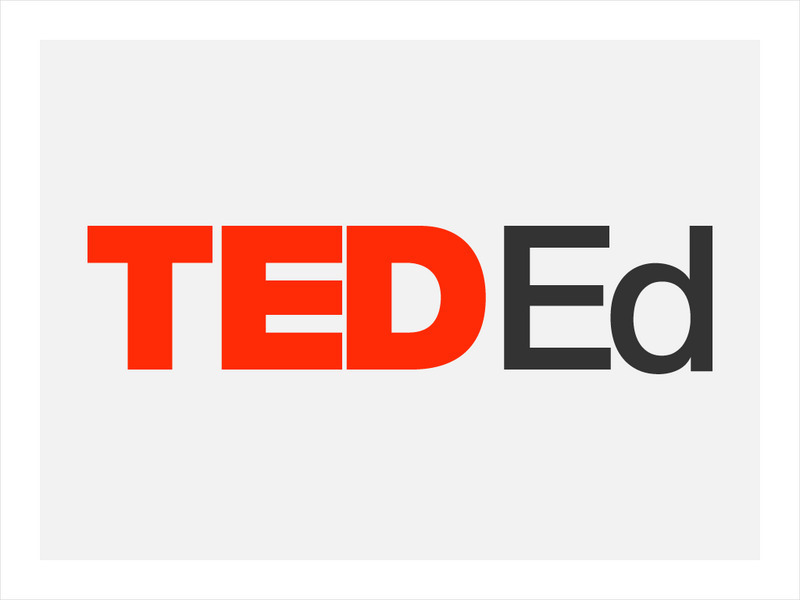Hi, what do you want to do?
Curated OER
Listen Up!
Students explore the short /e/ sound. They practice writing the letter 'e' and making the short /e/ sound. They recite an 'e' tongue twister and practice finding the short /e/ sound in spoken words. They identify pictures of words...
Curated OER
Ditto - A Cooperative Game
Students, in groups, first build/design something using equipment given. Then students write a detailed description of what they built. After all groups are finished they switch directions and try to build the other teams design by...
Curated OER
Family
Students draw a picture of something they enjoy doing with their family, or something special about their family. Students share their pictures with the class, and then they will be displayed in the classroom.
Curated OER
A Picture-Perfect Place
Students make a post card of a special place in their community. They write about the place they have drawn, telling why they feel it's an important part of their hometown. They address and send to another school.
Curated OER
A Day in the Life of an Employed Child
Second graders compare/contrast their lives with those of children who work. They develop a generic daily schedule of their activities, compare it with the daily schedule of a child that is employed, and answer discussion questions.
Curated OER
Shh! I am Trying to Read!
Students explore the advantages of being able to read silently. They then review a "stuck on a word" strategy using context clues to determine meanings of unknown words. They then practice reading silently and the teacher assesses for...
Curated OER
Gesture Drawing
Third graders, after the introduction to the artwork of Keith Haring, explore the art term "gesture."
Curated OER
Growing Tomatoes
Second graders investigate the growth of tomatoes. They plant grape tomatoes and observe them. They write in a journal and take digital pictures of their tomato plants. They create bar graphs to tally the progress of their plants and...
Curated OER
Learning to Read With Jet Speed
not a lesson Student's success in school depends on the accuracy at which they can read their materials in the expected amount of time. If learners do not read accurately, quickly, and effortlessly they may fall behind their...
Curated OER
Social Studies and Children's Literature
Students write a journal in response to literature. The story that is read is about prairies. The subject of prairies becomes an object for research. The culminating activity is the making of a map where prairies exist in the United States.
Curated OER
Terrariums for Project Pals
Young scholars identify the components needed by plants to survive in the terrarium. In this biology instructional activity, students build their own terrariums using materials available. They present their project in class.
Curated OER
Letter Writing Accuracy, Name Tags
Students build writing accuracy by making classroom name tags. In this writing accuracy lesson plan, students review the usage of writing uppercase letters Students also practice the usage of lowercase letters. Students recall the...
Curated OER
Grain Seeds and Food
Students observe the characteristics of different seed types. They classify, sort, name and write about the seeds.
Curated OER
Pieces of Mind: Remembering What Matters
Students watch the program "Pieces of Mind" from PBS and participate in a class discussion about PET scans and their advantages. Students then brainstorm activities a PET scan could be used for.
Curated OER
What is Going On?
Students summarize a fiction text. After reviewing the correct way to read in order to glean important information for summary, students independently read a nonfiction article. They write a summary paragraph using the process outlined...
Curated OER
African Rattles
Students locate Africa on the map or globe and tell one important fact about the continent. They follow directions and demonstrate the proper process of making an African Rattle.
Curated OER
Stained Glass Framed Pictures and Decorations
Fourth graders identify what stained glass is and in what objects they have seen stained glass in. They also identify various other locations for stained glass as identified in some pictures and illustrations. Finally, 4th graders create...
TED Talks
Ted: Ted Ed: How We See Color
There are three types of color receptors in your eye: red, green and blue. But how do we see the amazing kaleidoscope of other colors that make up our world? The following learning module explains how humans can see everything from...
Frontiers Media
Frontiers: How Do We See Color
The heroine of the movie is leaning over a ticking bomb. Under the bright white lights of the mayor's office, the timer is racing down to zero and she has only one chance to defuse it. As she opens the cover from the control panel, a...
The Tech Interactive
Make a Splash With Color
The companion website for an exhibit housed at the Tech Museum of Innovation, in San Jose. The exhibit explores and explains how our eyes see color, the words we use to describe colors, and how the eye works.
The Tech Interactive
Tech Museum of Innovation: How We See
Part of a larger sight on the eyeball and its function, this section describes the process of sight and ranges in topics from the chemical reaction of light hitting the retina to blind spots and animals seeing color.
South Carolina Educational Television
Know It All Media: Light and Color
Why do we see certain colors? This interactive animation demonstrates the concept of the visible spectrum, and how we see the different colors of the rainbow.
TED Talks
Ted: Ted Ed: What Is Color?
Colm Kelleher describes the physics behind colors- why the colors we see are related to the period of motion and the frequency of waves. [3:09]
CK-12 Foundation
Ck 12: Physical Science: Color
[Free Registration/Login may be required to access all resource tools.] Overview of the different colors in visible light and how they relate to its wavelength, how a prism separates visible light into its different colors, the colors of...



























